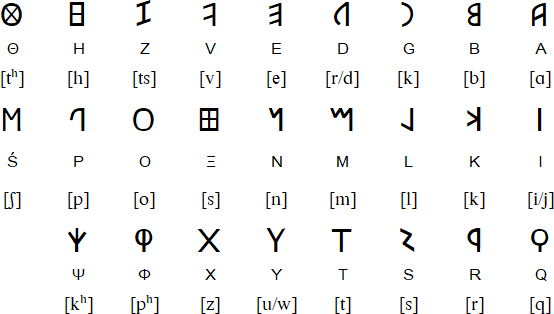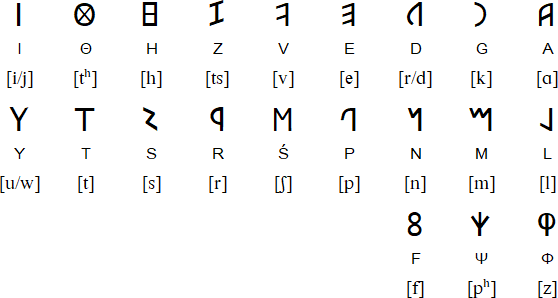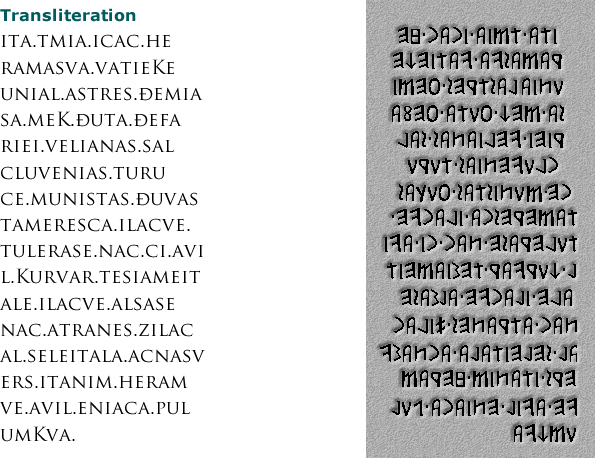"The name Celtiberi appears in the writing of Roman authors such as Diodorus Siculus, Appian and Martial, who thought these people were a mixture of Celts (Celtae) and Iberians (Iberi), with the Celts being dominant."
I however think, based in a very plausibles hypothesis, that the name Celtiberi means "Celtics from Iberia", and not a mixture of Celtic+Iberians, due to significants differences in the way of life, over all that refers to religion, funeral rites, mystic conception of existence...There was too a strongly hierarchized society, being most of times women as priestesses, ruling the council of elders, even like warriors too. The warriors died in battle, were given to vultures and other vermins,in a sacred ritual. Incineration was the usual practice... Iberians was more influented by their "neighbors" from Phoenicia and Greece. Mediterranean Sea provided that influences and other from minoritary cultures too, but in the Celtic Iberia, these influences were "residuals"...
"They also recording the tribal names Arevaci, Belli, Titti and Lusones."
These tribes belong to the Lands known for many investigators about Pre-roman Hispania like the "Nuclear Celtiberia"... The heart of this culture on the Ancient Iberia. With necropolis and settlements from IX B.C to I A.C
My genetic heritage, in concrete, belongs directly to these Lands and these tribes, by Paternal line.
This is a plaque from Bilbilis :


 LinkBack URL
LinkBack URL About LinkBacks
About LinkBacks


 Citar
Citar





Marcadores